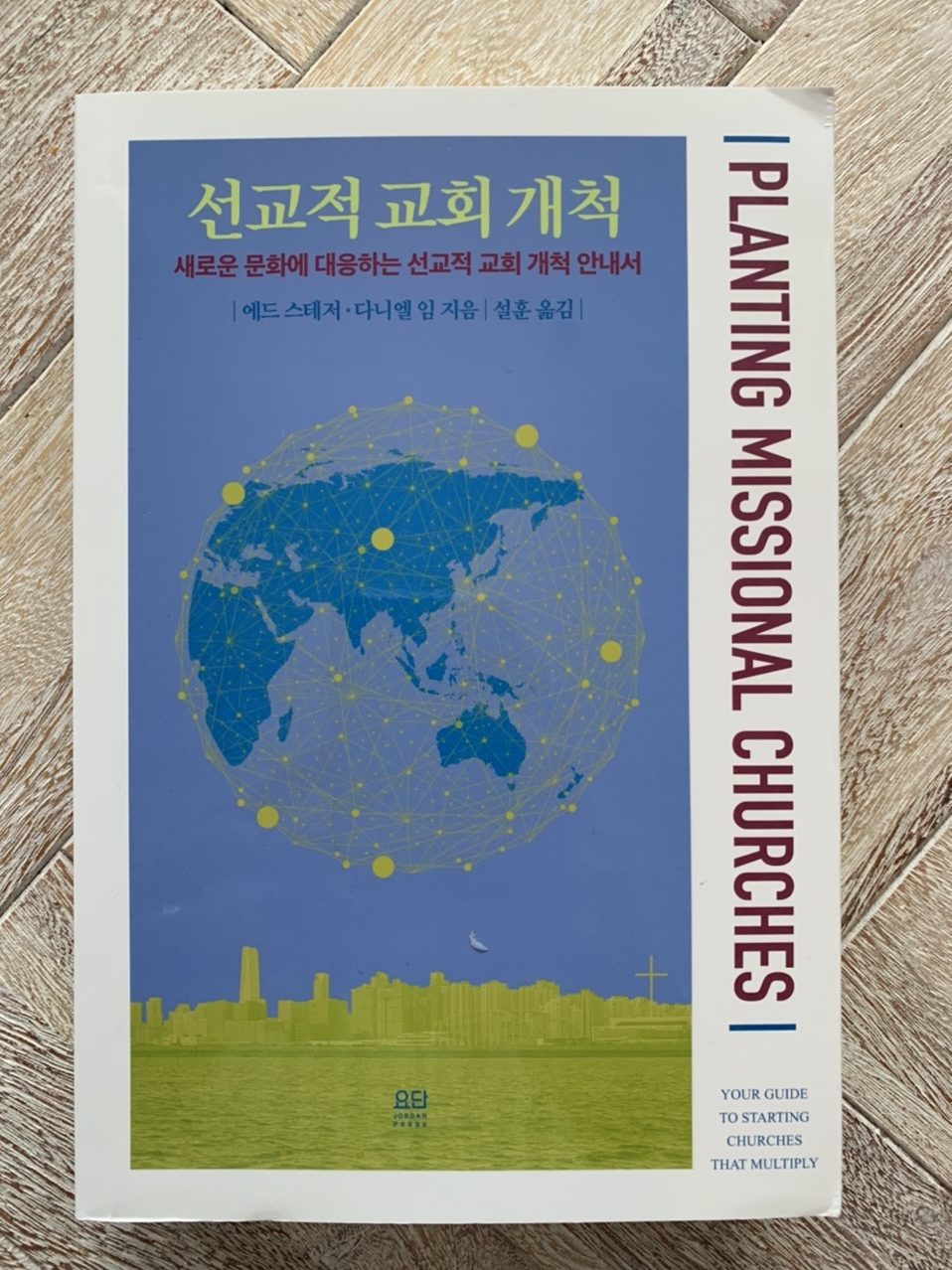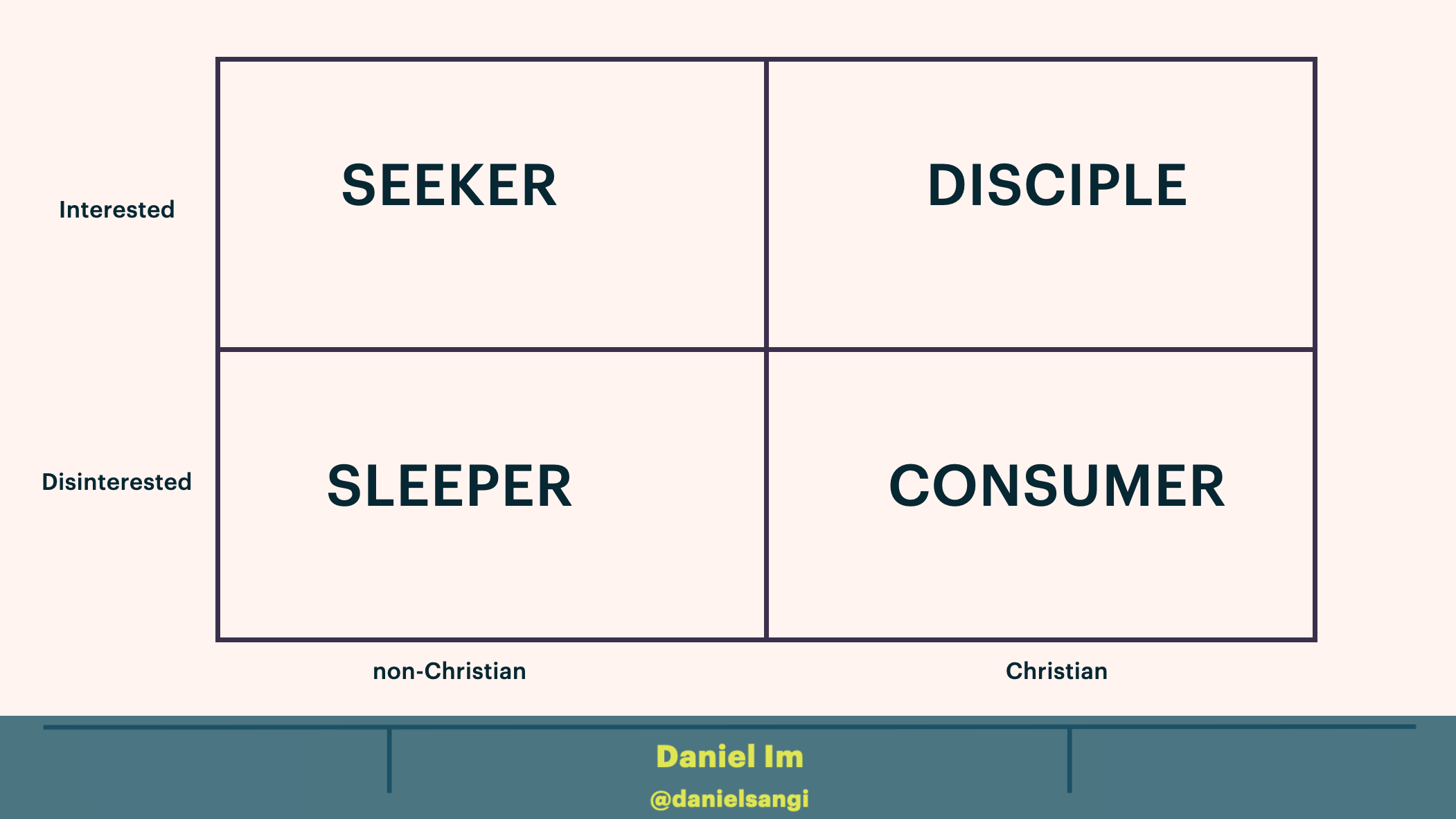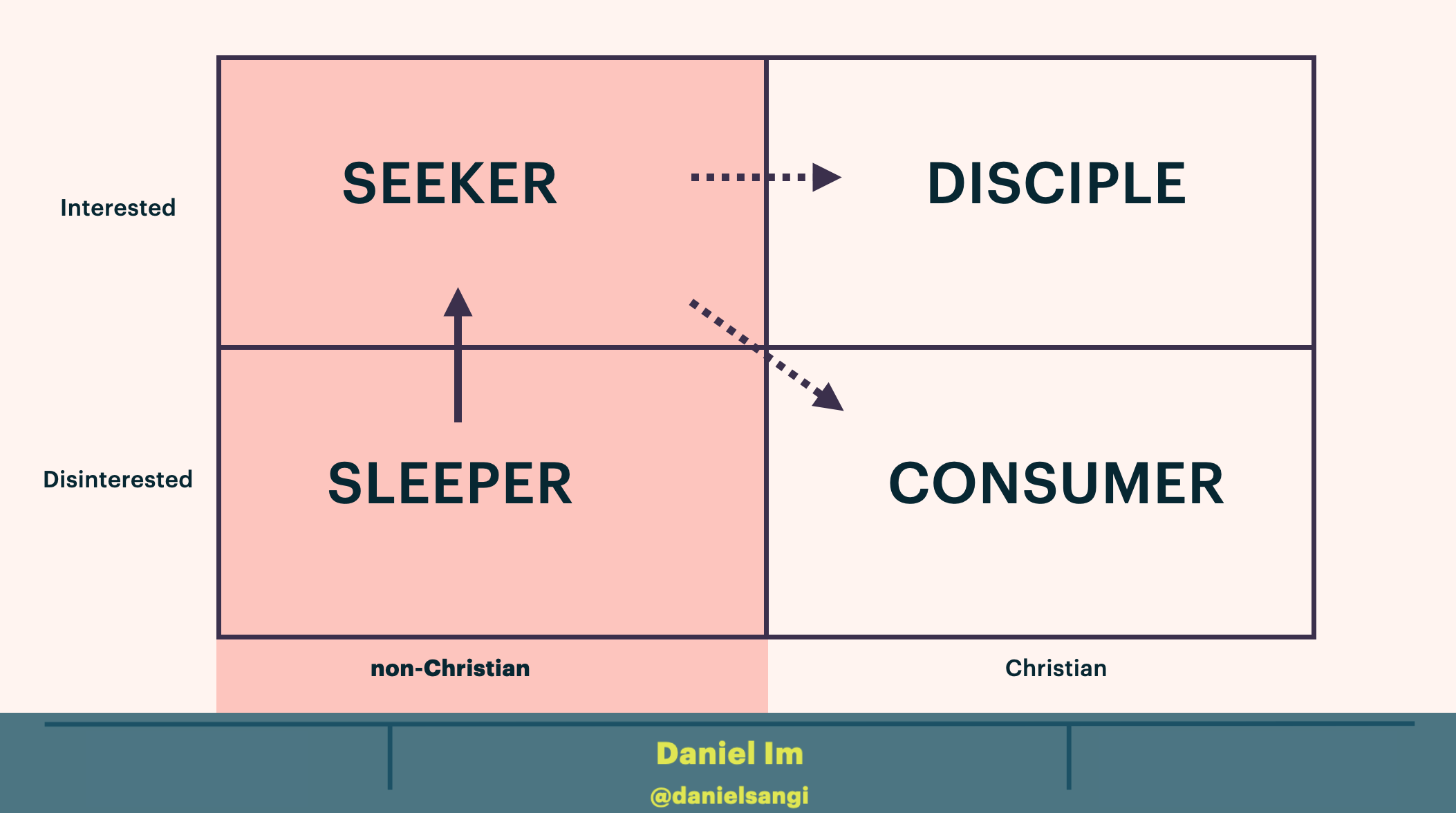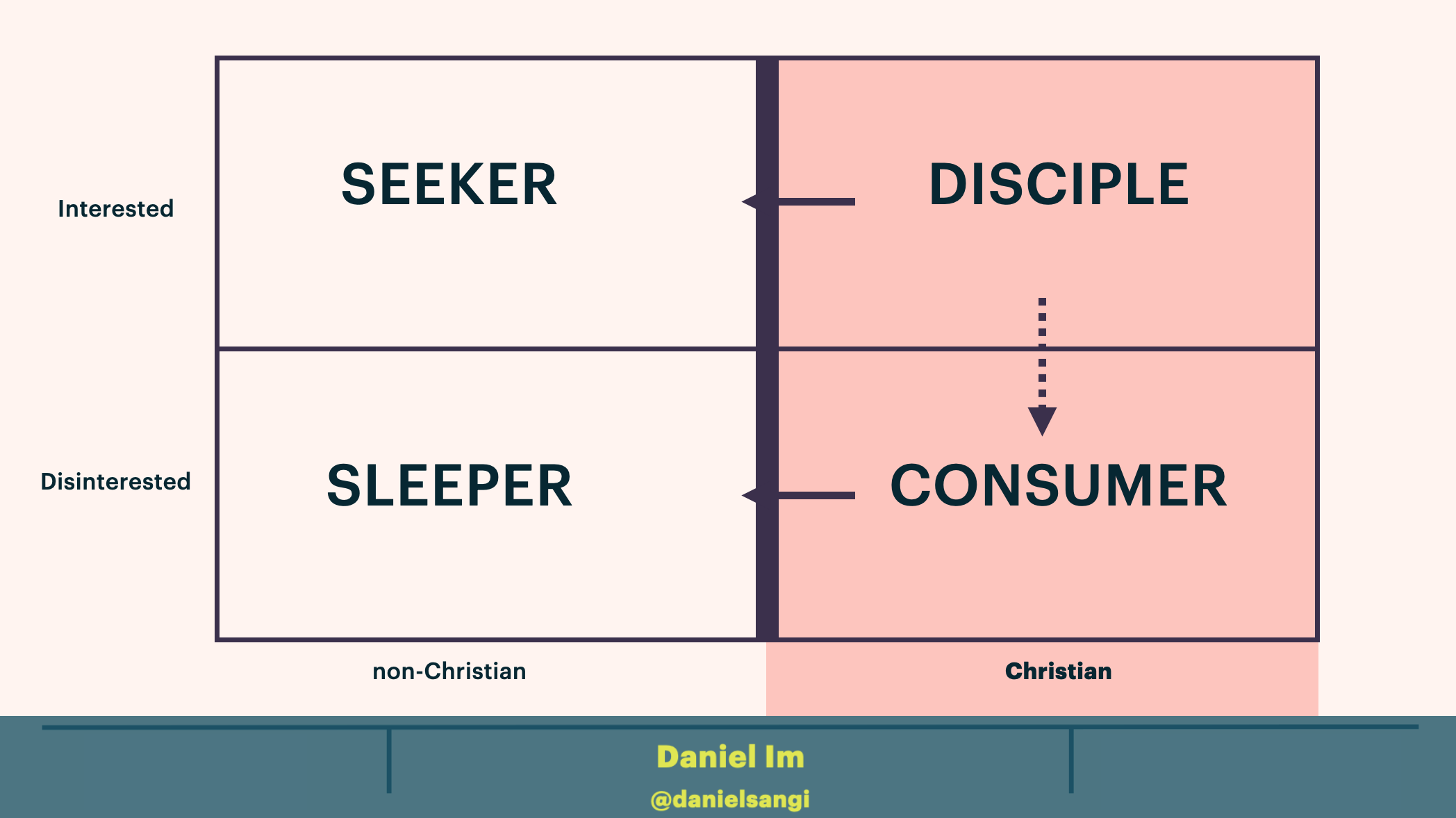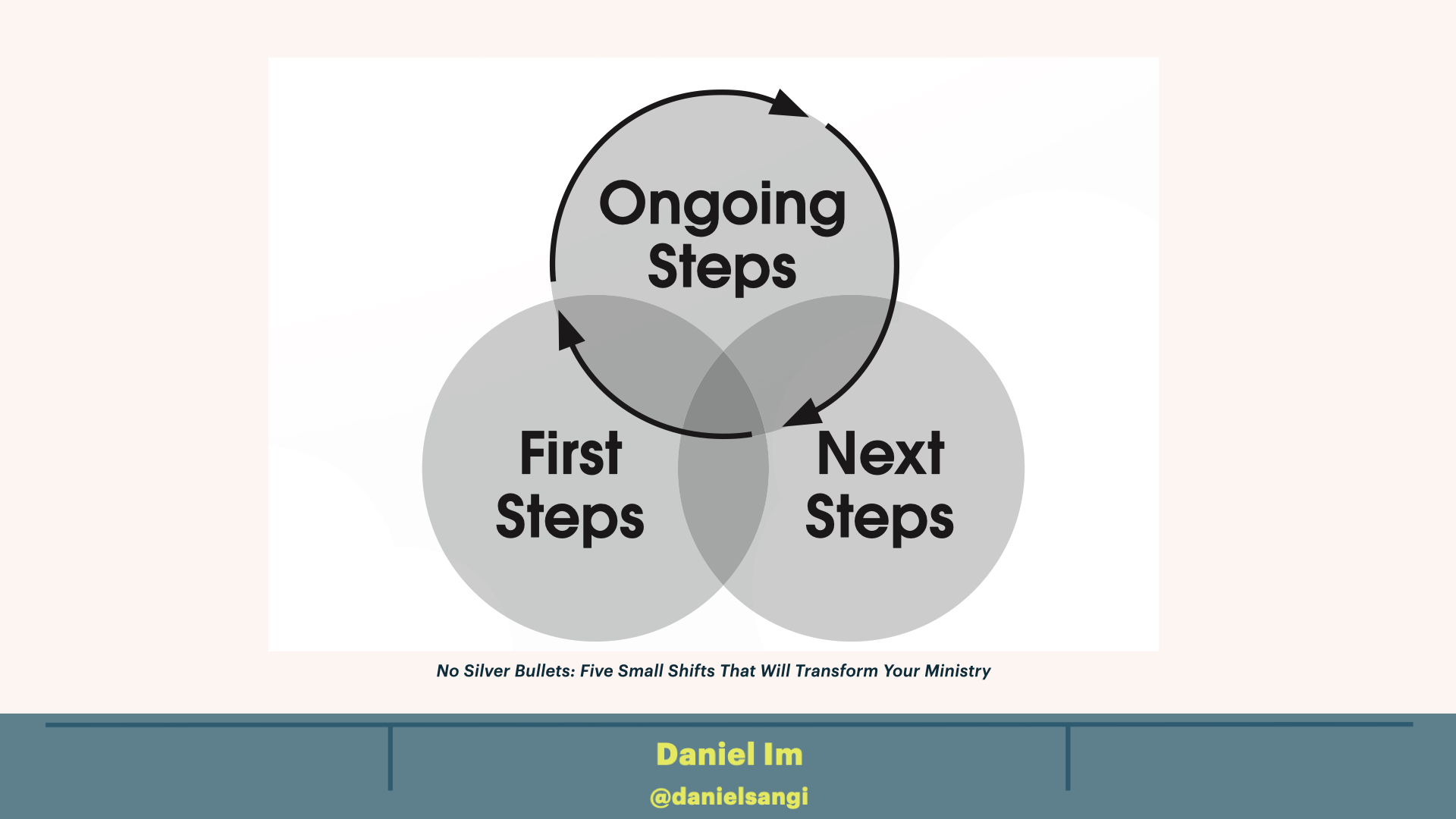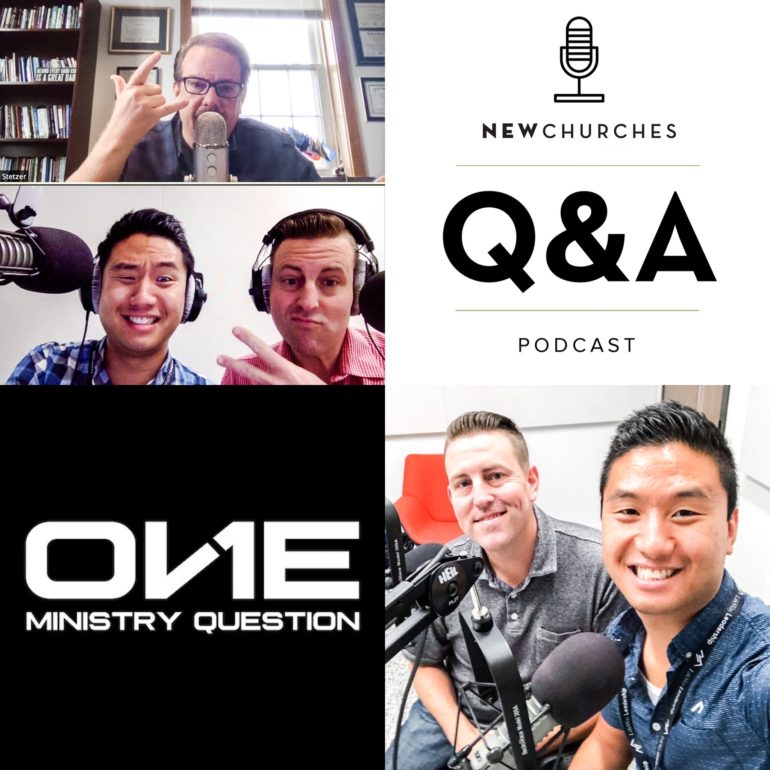
Goodbye New Churches Q&A Podcast. Hello 1 Ministry Question Podcast.
THANK YOU to everyone who listened to the banter, interruptions, and occasional nuggets of wisdom between Ed Stetzer, Todd Adkins, and I on the New Churches Q&A Podcast. It was an honor to serve all of you church planters, pastors, and leaders over the last 6 years with 619 episodes downloaded 1.5+ million times from 172 countries.
So, what’s next?
Well, in the same way that every church planter eventually needs to just call themselves a pastor, Todd and I (along with Dan Iten) have decided to take the same Q&A format from the New Churches podcast and bring it over to a brand new podcast for ALL ministry leaders.
It’s called the 1 Ministry Question Podcast and it’s for anyone leading within the local church. Our new podcast seeks to provide you with practical strategies, actionable ideas, and often templates and exercises to help you and your team grow.
- Episode 1: How to recruit new volunteers
- Episode 2: How to onboard new volunteers
- Episode 3: How to continue to grow spiritually as a pastor or leader
- Episode 4: How do you prevent burnout?
I hope you can check it out everywhere you get your podcasts. Just search for “1 Ministry Question Podcast” or head on over to:
